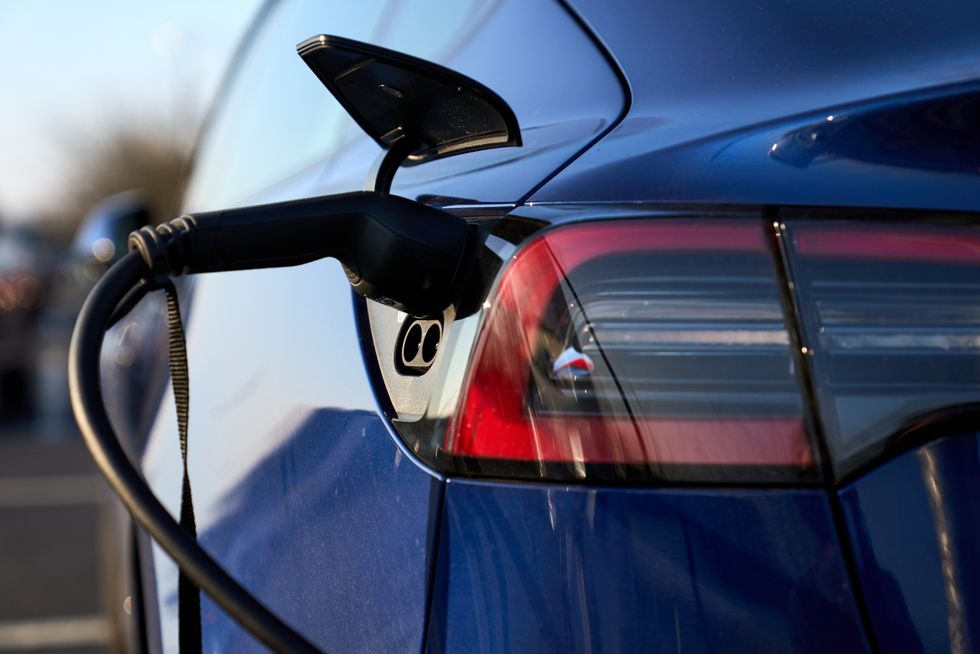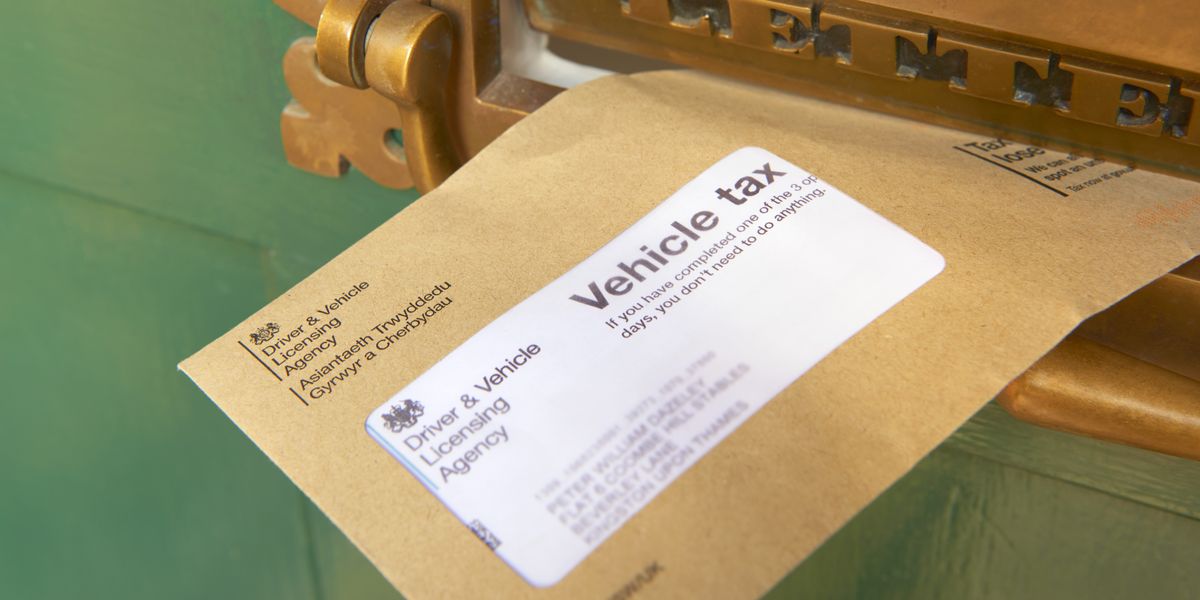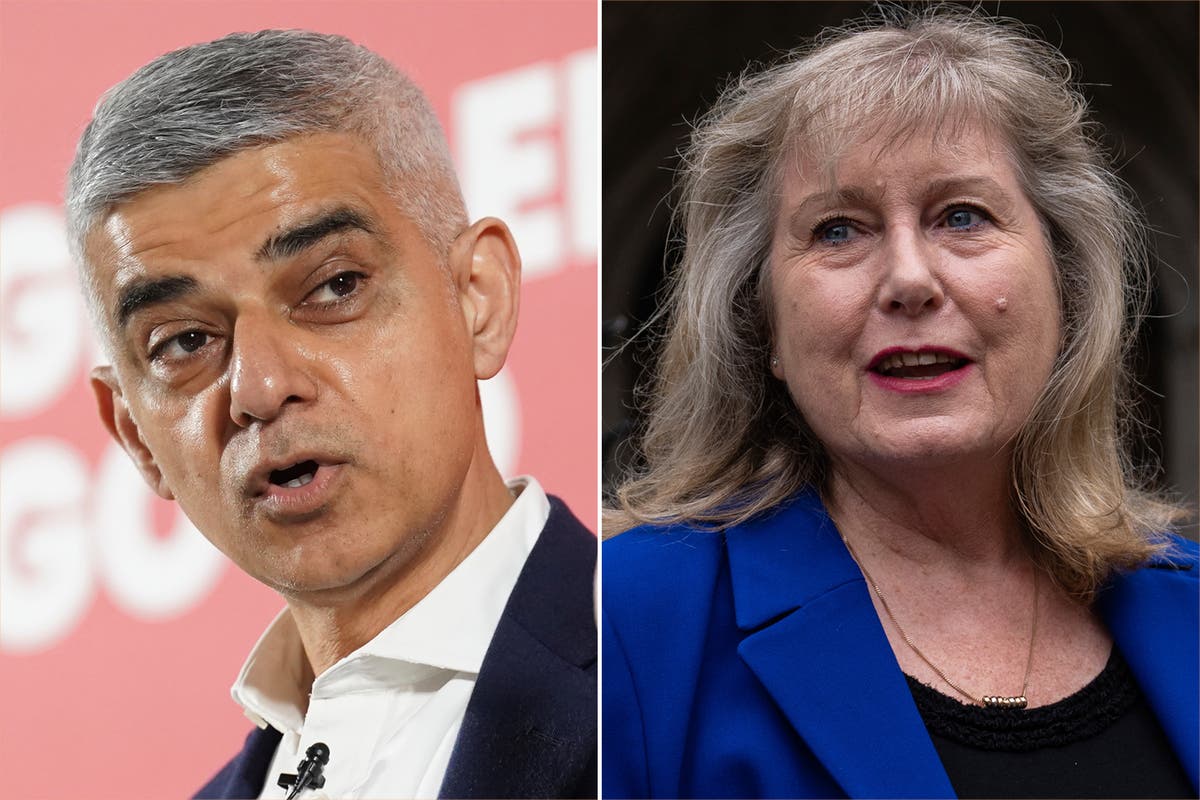Drivers are being warned of new car tax changes being rolled out next year which could see millions of motorists see their costs increase.
New car tax changes were rolled out at the start of this month, with Vehicle Excise Duty (VED) rates increasing in line with inflation, as announced in the 2023 Autumn Statement.
New car tax changes were launched on April 1 earlier this month
GETTY
Speaking during the 2022 Autumn Statement, Chancellor Jeremy Hunt announced that electric car, van and motorcycle owners would begin paying car tax from April 2025.
He said this was a necessary step to take to ensure that “all motorists begin to pay a fairer tax contribution”.
Currently, vehicles which produce zero grams of CO2 emissions per kilometre will not be charged anything, compared to £10 for cars which produce 1-50g/km if registered after April 1, 2017.
Electric and low emission cars registered on or after April 1, 2025, will need to pay the lowest first year rate of vehicle tax, which currently applies to vehicles with CO2 emissions between one and 50g of CO2 per kilometre.
From the second tax payment onwards, they will need to pay the standard rate, which is £190 for 2024, but is subject to change for 2025.
Electric and low emission cars registered between April 1, 2017, and March 31, 2025, will also need to pay the standard rate.
Any zero emission vehicles registered between March 1, 2001, and March 31, 2017, will move to the first band that has a VED value, which is £20 this year but could change before next April.
For owners of new electric vehicles with a list price of more than £40,000, they will need to pay the expensive car supplement from the second tax payment onwards.
This applies to vehicles registered on or after April 1, 2025, and currently costs £590 for alternative fuel cars or £600 for petrol and diesel vehicles.
Most electric vans will move to the standard annual rate for light goods vehicles when the new tax rules kick in next year.
Electric motorcycles will move to the annual rate for the smallest engine size which is currently £25, meanwhile, electric tricycles will move to the £25 bracket.
Owners of alternatively fuelled vehicles and hybrids will see the removal of the £10 annual discount. The rate they pay will depend on when the vehicle was first registered.
LATEST DEVELOPMENTS:

Jeremy Hunt said electric car owners would start paying VED to make the system fairer
PA
If the vehicle was registered before April 1, 2017, the rate will depend on the vehicle’s CO2 emissions.
However, if it was registered after the April 2017 deadline, they will pay the standard rate of £190.

Robert Johnson is a UK-based business writer specializing in finance and entrepreneurship. With an eye for market trends and a keen interest in the corporate world, he offers readers valuable insights into business developments.








